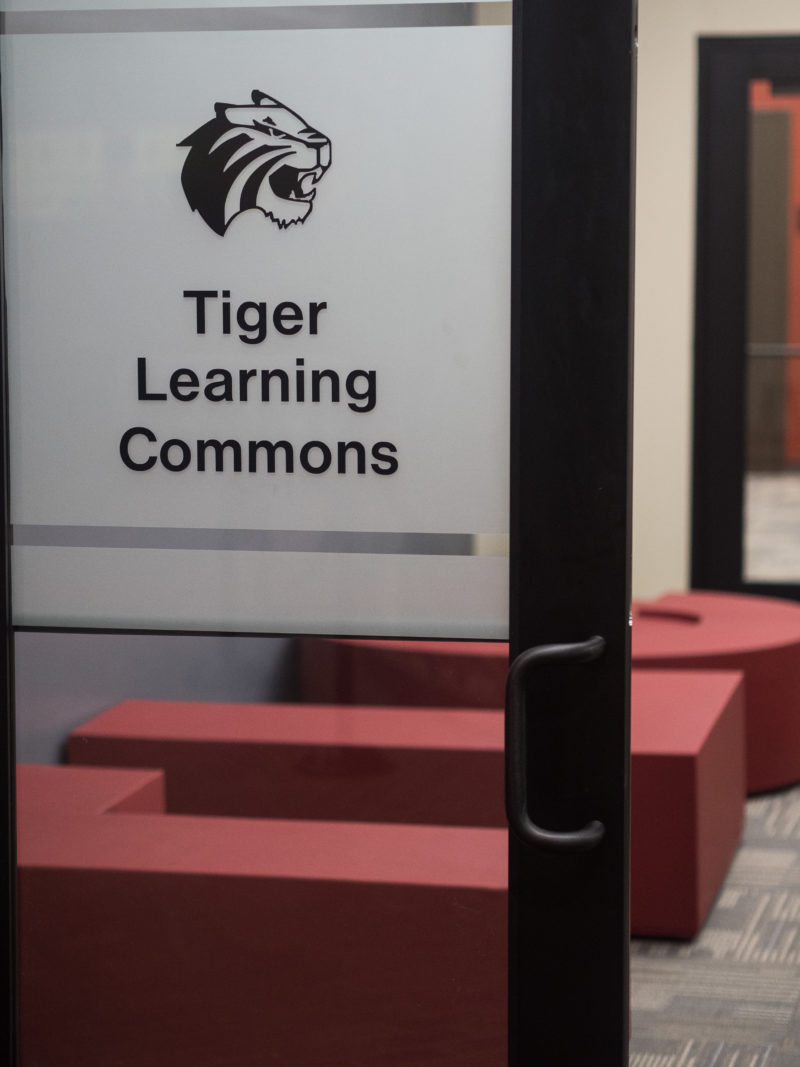Stacy Davidson, director for academic support, is changing the way Trinity approaches academic success, one workshop at a time. Hired in 2015, Davidson has been working to develop the learning center and make its resources more accessible to students. One way Davidson is doing this is through academic success workshops.
The Tiger Learning Commons has been offering academic success workshops throughout the year on a range of topics, from time management to the importance of a growth mindset. Davidson has been researching the best practices for developing learning centers and has found that successful programs provide three things: academic coaching, online resources and workshops.
Davidson and the other staff members of the department of academic support realize the importance of workshops. The department hopes the workshops they provide inspire students to take control of their learning. Betty Curry, academic coach for the department of academic success, is in charge of the student success workshops this semester. Curry wants to destigmatize the resources students are offered.
“Coming to a workshop does not mean that you’re a bad student; it means that you’re a good student because you’re trying to find a new way to be a better student,” Curry said.
Curry held a workshop on Nov. 8 and spoke to 10 students about test anxiety and academic stress. Throughout the workshop, Curry engaged with students, asking what kind of problems they were having with tests and how they were dealing with anxiety and academic stress. Curry gave short-term and long-term strategies for dealing with academic stress, such as meditation, tips for practice tests and sleep.
Students attended the workshop for a variety of reasons, from getting class credit or because they wanted to improve their habits and their academic success. Chad King, sophomore and engineering science major, attended this workshop and intends to go to more.
“This semester, I thought three hours of sleep and a 5-hour Energy was [the same as] eight hours of sleep”¦ not exactly,” King said.
One thing Davidson and Curry hope to focus on this year is student reaction to failure. Davidson’s research has shown that learning centers around the country need to teach students how to react to failure.
“Educators are finding that students don’t take failure well and that they need to learn how to respond to challenges by trying harder instead of feeling defeated,” Curry said.
Not only will Davidson and Curry take this research into account when planning next year’s workshop schedule, but will also think about the statistics they have gathered this year. According to the department’s statistics, first-year students attend the majority of the workshops offered. The most attended workshop is the one that covers time management. Each student success workshop averages about 10 students.
Because Davidson came to Trinity with this year’s junior class, many upperclassmen are not used to utilizing the facilities. There is usually a low turnout of upperclassmen at these workshops. However, Davidson believes that students can always improve.
“We’re not ever talking about how smart students are. You guys are smart, but sometimes you need to be accountable to someone else or sometimes you need a little extra motivation,” Davidson said.
A new development in the department of academic support is the creation of jumpstart workshops. The department provides workshops for large groups of students including certain classes, Greek life and other organizations.
Appointments with the department of student success can be made through their website or by visiting the Tiger Learning Center on the third floor of the library.







